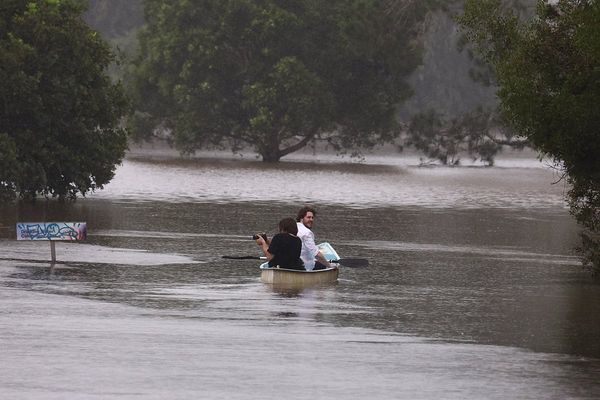
The UK has been accused of wrongly labelling refugees and trafficking victims as criminals in a critical report from European representatives.
The report from a committee of the Council of Europe’s parliamentary assembly has warned ministers they could be at risk of breaching their international obligations and the rule of law with their new legislation.
While the UK has historically been held up as a model for other European states with its integration of European human rights law into domestic law with the 1998 Human Rights Act, the new report raises a litany of concerns about the UK’s current direction of travel – where fundamental changes to the interpretation of international and human rights law are under consideration.
The report scrutinising the UK’s proposed bill of rights and the illegal migration bill from the rapporteur Kamal Jafarov, stated: “It is deeply unhelpful to conflate migrants and refugees with criminals. To confuse immigration status with criminality is a dangerous pathway to dehumanising some of the most vulnerable people in society.
“States and public actors should desist from using terminology that conflates the plight of refugees with criminality.”
It adds in relation to the government’s plans to remove trafficking victims from the UK on the grounds that they are a threat to public order: “The fact that an individual was trafficked to the UK does not make that individual thereafter a threat to public order.”
The report warns that the UK could find itself approving legislation incompatible with at least five different conventions if the illegal migration bill is implemented in its current form, including the European convention on human rights, the convention on rights of the child and the trafficking convention.
Its assessment of the bill of rights is scathing: “As such it is a rare example of a bill of rights that seems to limit rather than enhance a system of rights protection.”
It also raises concerns about whether or not UK will continue to abide by interim measures of the European court, known as rule 39. It was this clause that grounded the inaugural Rwanda flight last June and the interim measures ruling is known to have angered some ministers.
The UK government’s own acknowledgment that the illegal migration bill may not be compatible with various convention rights is flagged. “This indicates a more substantial appetite within the UK government for non-compliance with the rule of law,” the report stated.
Although the government has indicated it wants to remove many of those who claim asylum in the UK to other countries, the only country that has so far agreed to accept them is Rwanda and that scheme is still going through the courts.
“There are real risks that many people (including children, pregnant women and vulnerable adults) will be subject to effectively indefinite detention.”
Jafarov, from the assembly’s committee on legal affairs and human rights, concludes: “I have also been struck by the seeming lack of understanding of the inherent value of central principles such as the rule of law, robust democratic institutions and effective guarantees for the protection of human rights. This seems to be combined with a significant amount of disinformation in relation to human rights and the rule of law.”
A Home Office spokesperson said: “The illegal migration bill allows us to achieve reform of our immigration system and stop the boats while still remaining party to the European convention on human rights.
“We have always maintained that the UK and Rwanda migration and economic development partnership is lawful, including complying with the refugee convention, and last year the high court upheld this. We stand ready to continue to defend the policy against legal challenge.”







